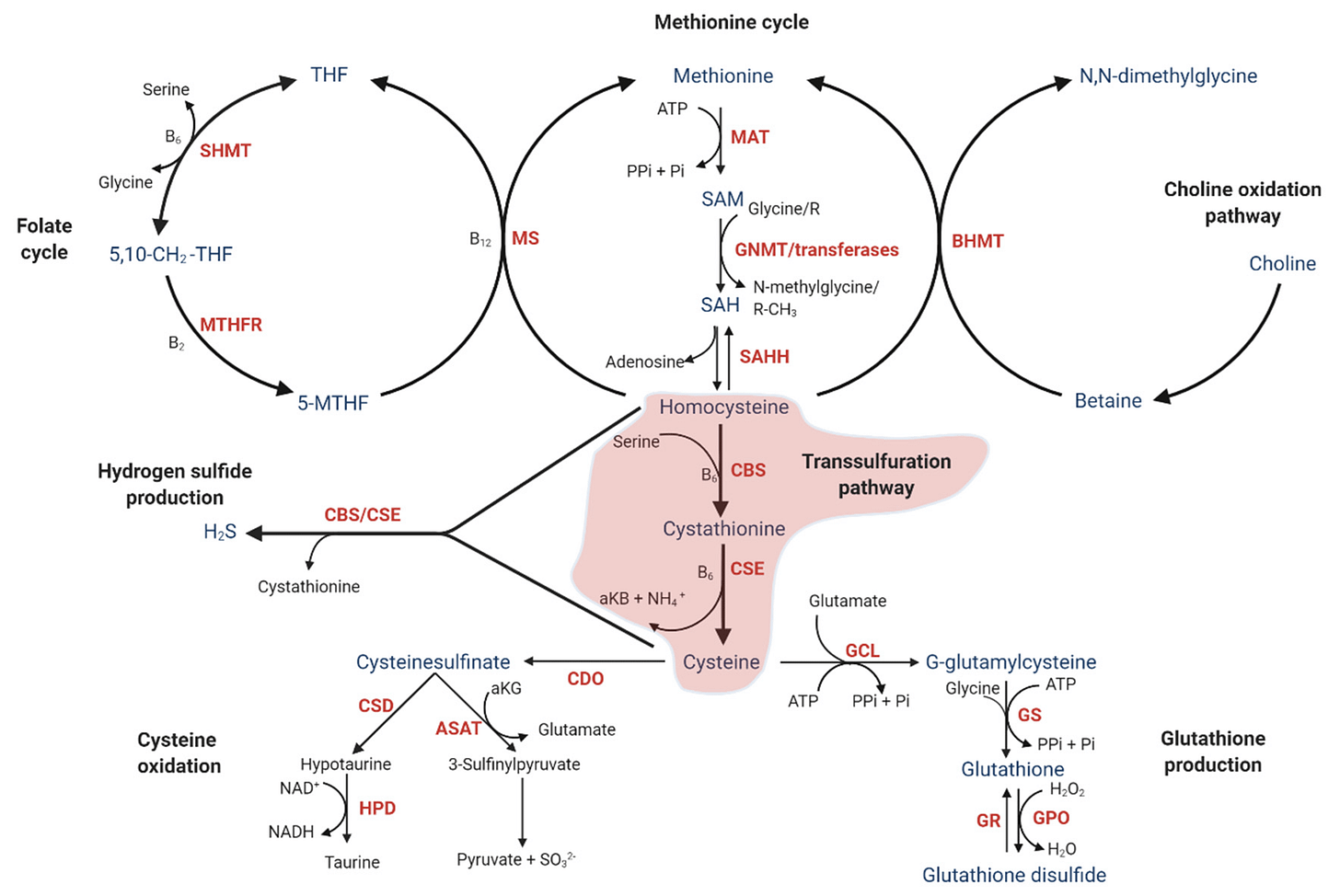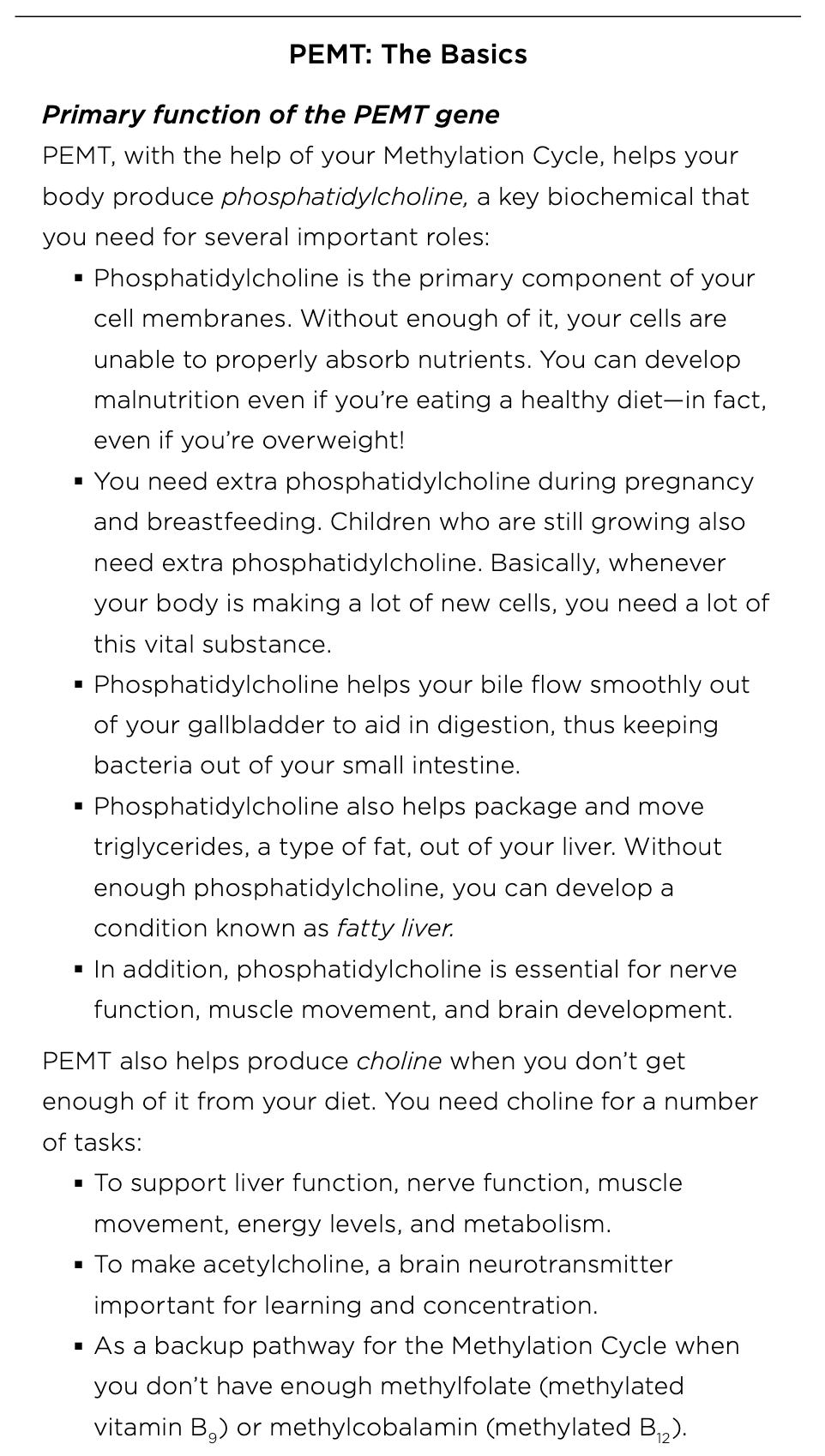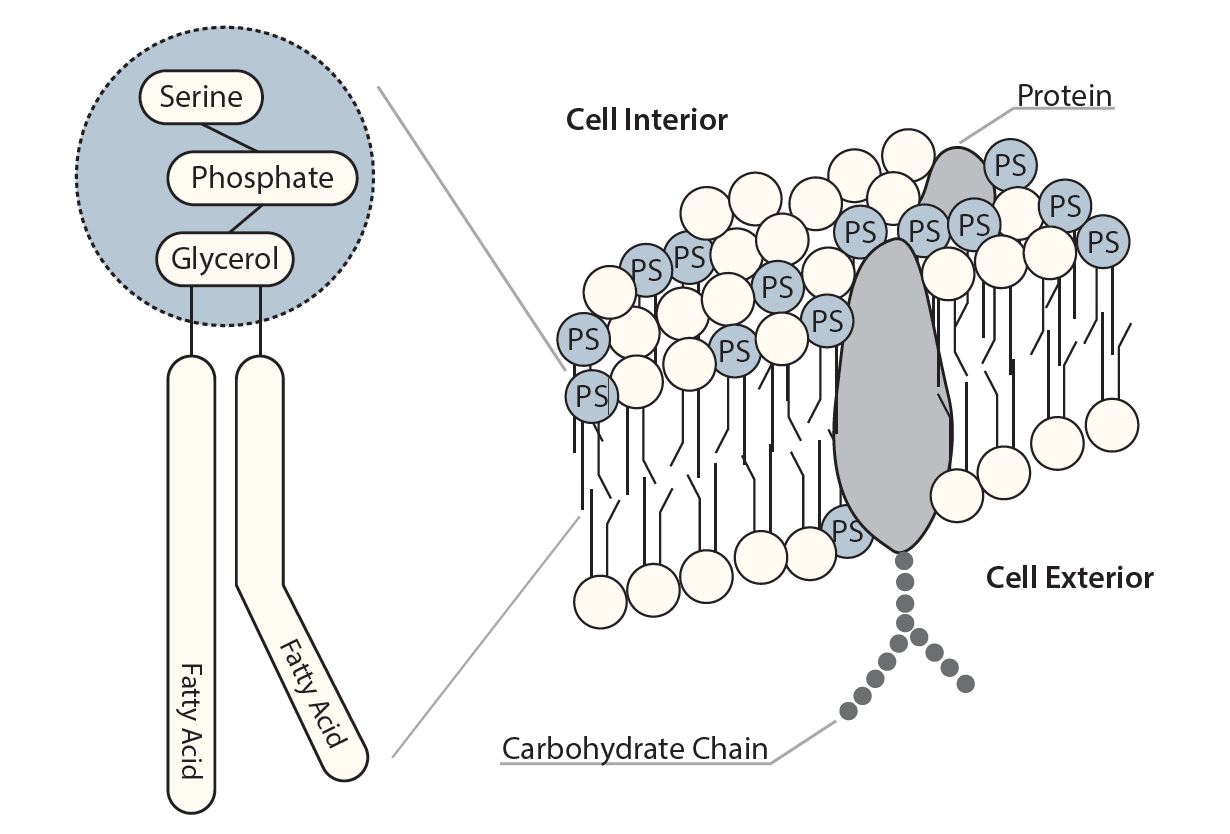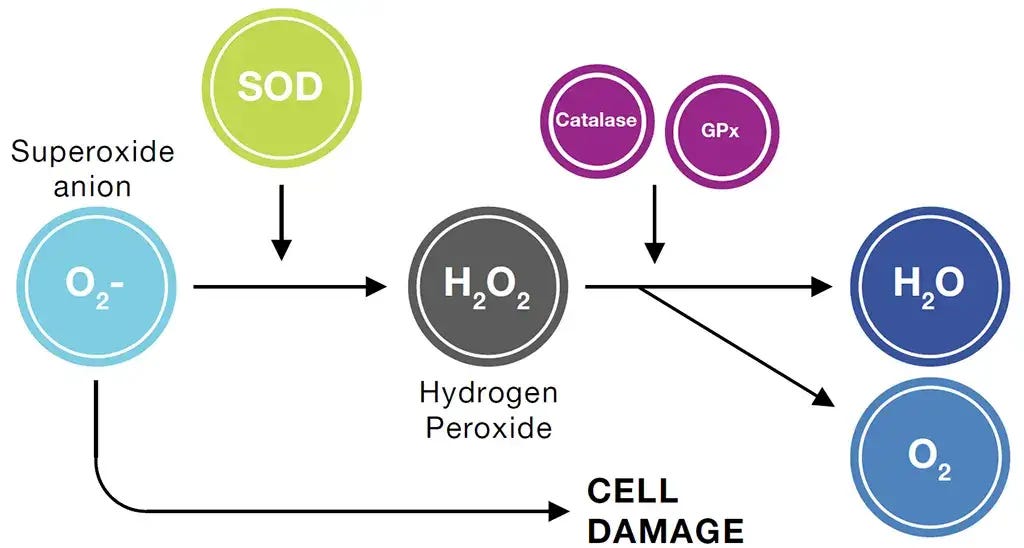How to Decode Your DNA for Real Answers: The Works Genetic Test Explained
At Purser Wellness, we don’t guess—we test. If you’ve been dealing with chronic fatigue, anxiety, or depression and haven’t found answers, your genetics might hold the key. That’s why we developed The Works Purser Wellness Genetic Bundle—a comprehensive test that goes beyond what 23andMe or Ancestry data can tell you. It’s designed around the gene SNPs we know how to treat and that make the biggest difference in your health.
So what exactly do we look for in your genetics? There are four core categories we analyze—because when these go wrong, they can silently sabotage your health.
1. Homocysteine SNPs: The Hidden Inflammatory Trap
High homocysteine is a big red flag—it’s associated with heart attacks, strokes, chronic inflammation, and even neurological issues. And if you have certain gene variants, there's a genetic reason why your homocysteine may always be elevated.
We examine critical SNPs like:
MTHFR (C677T, A1298C)
MTR & MTRR
CBS
FOLH1 and GGH
If you’re homozygous for several of these, your ability to convert homocysteine to glutathione via the transsulfuration pathway is compromised. The result? Cytokines like Interleukin-8 (IL-8) and MCP-1 start climbing, driving pain and systemic inflammation.
Solution: We fight back with VARS Glutathione—a stable, absorbable form of glutathione that helps suppress those inflammatory cytokines, even if your homocysteine stays high.
2. PEMT: The Fatty Liver & Gut Disease Gene
The PEMT gene controls your ability to produce phosphatidylcholine, a molecule critical for liver and gallbladder health. If you’re homozygous here, you may struggle with:
Non-alcoholic fatty liver disease (NAFLD)
Gallbladder dysfunction (especially in younger people)
Ulcerative colitis and Crohn’s disease
We have found PEMT mutations in all 18 of our patients with Crohn’s or UC—and once treated, their guts start healing and inflammation improves. Treatment is slow but powerful, with results seen over 3–6 months.
3. NR3C1: Brain Fog, Inflammation, and Cognitive Decline
This is the gene for your brain’s glucocorticoid receptors. Homozygous mutations here can cause:
Chronic brain inflammation
Cognitive fog
Brain shrinkage and dementia
This happens because you can’t make phosphatidylserine, a key nutrient for brain cell membranes. Supplementing with phosphatidylserine often lifts brain fog and restores mental clarity.
🧠 Quick Tip: Phosphatidylcholine (PEMT-related) also helps the brain, and phosphatidylserine can help the liver—there’s therapeutic crossover. Brite Brain has great levels of PS in it!
4. VDR & SOD: Immune, Antioxidant & Inflammation Control
We test:
VDR TAQ and other VDR SNPs – If you’re homozygous, you’ll struggle to absorb vitamin D3 and K2. No matter how much you take, your levels stay low.
SOD1, SOD2, SOD3 – These genes control superoxide dismutase, a master antioxidant that protects cells from oxidative stress.
SOD2 dysfunction in your mitochondria can raise cancer risk. SOD3 dysfunction floods your body with inflammation. Combined with high homocysteine? You’re in for a rough ride.
Solution: We recommend VARS SOD, which supports all three forms and works hand-in-hand with glutathione. Together, they cool inflammation and protect your brain, heart, and mitochondria.
Final Thoughts: Why This Test Matters
This isn’t just about genes. It’s about giving your body what it needs to heal from the root. Our Works Genetic Bundle helps uncover the real causes of fatigue, mood issues, inflammation, liver disease, brain fog, and more.
It’s time to stop guessing. Get your personalized genetic blueprint—and let us help you decode it and rebuild your health.






